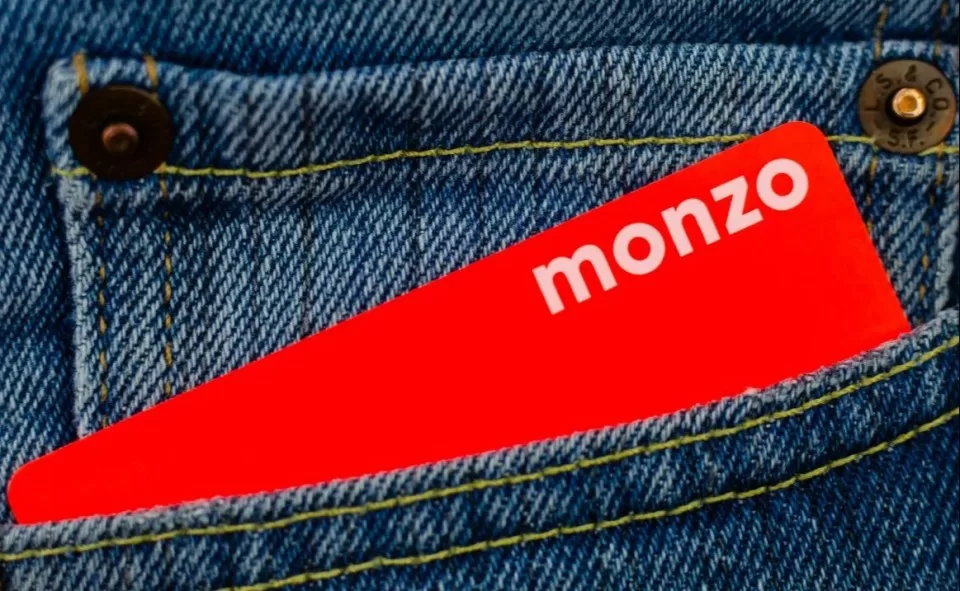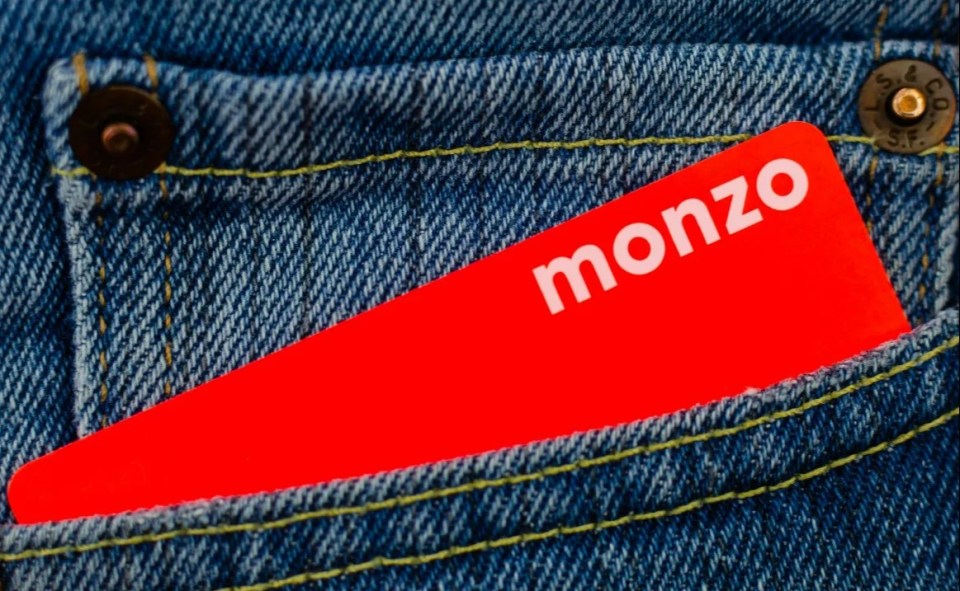MONZO’S app has gone down, leaving hundreds of customers without access to their accounts.
According to website Downdetector, problems started around 10am this morning.
More than 1,100 complaints have now been logged on the site, with customers reporting that they are unable to access their mobile banking app.
Frustrated customers have taken to X (formally Twitter) to complain about the outage.
One customer said: “Any idea how long before you are back online gotta pay rent and unable to and even your phone lines are down.”
Another said: “Just transferred money to my account and have not received it yet”
“Payments are not arriving into my account,” said a third customer.
Other customers have said that they haven’t been able to complete transactions.
One customer said: “Trying to make an online purchase and not allowing me to. What’s the issue?”
Another said: “Should Apple Pay payments still work while you’re down? Online payments are failing for me”
There are a few different ways to determine if your bank is experiencing an outage.
If you’re trying to send money to someone, or you just want to check if you have enough cash for a coffee, finding your online banking is down can be a real pain.
Most banks have a dedicated news page on their website to show service problems, including internet banking, mobile apps, ATMs, debit cards and credit cards.
You can also check on any future work they have planned and what it might mean for you.
Plus, you can check websites such as Down Detector, which will tell you whether other people are experiencing problems with a particular company online.
Can I claim compensation for the outage?
Banks don’t have to pay out compensation to customers if there has been a drop in service, unlike how telecoms companies have to.
But if you have incurred costs as a result of service issues, it’s likely you could get your money back.
For example, if a bill payment didn’t go through as a result of an outage and you’ve been charged a fee for missing it, you should be able to claim that money back.
If your credit rating has been affected by a service outage, because you got a late payment fee after being unable to make a transaction, for example, you should also keep a record of this.
If you spoke to anyone to try and resolve the problem, make a note of their name and when you spoke to them, as well as roughly what you discussed and what they advised you to do.
You can find out more details about how to complain on the bank’s website.
It is worth gathering evidence of your problems so you can make a formal complaint to the bank directly.
What happens if my bank refuses to compensate me?
If you’re unhappy with how the bank dealt with your problem, you can contact the free Financial Ombudsman Service (FOS).
It is an independent body that will consider the evidence you present and make a fair decision about the action a bank should take.
The FOS can usually get involved 15 days after you’ve raised concerns with the bank.
In the case of an IT system outage at a bank, the FOS says any compensation depends on your circumstances and whether you lost out as a result.
If it thinks you did, it has the power to tell the bank to reimburse any fees, charges, or fines you were hit with, for example, if you were unable to make a payment on a credit card bill or to your mortgage provider.
It could also tell a bank to pay you for any money you didn’t receive, such as interest, if you weren’t able to pay money in.
If your credit score was affected, it may tell the bank to correct your credit file.
The FOS might also tell the bank to reimburse you for any extra costs you had to make, such as phone calls or trips to your local branch, as well as a payment for any inconvenience it caused.
Do you have a money problem that needs sorting? Get in touch by emailing [email protected].
Plus, you can join our Sun Money Chats and Tips Facebook group to share your tips and stories

